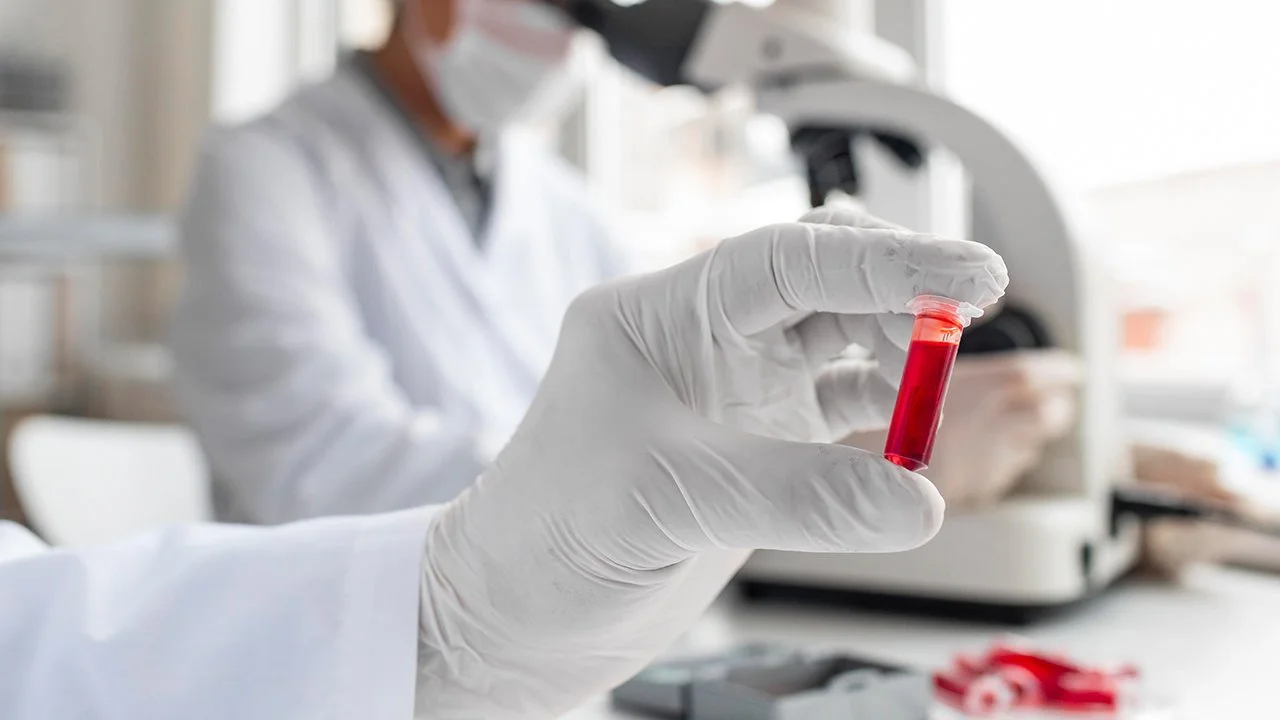RGCC Viability: A Personalized Approach to Fighting Cancer
When it comes to fighting cancer, personalized care can make a major difference. That’s where RGCC Viability testing comes in—a breakthrough approach that looks at how your specific cancer cells react to different therapies. Unlike standard testing, which can take months between scans, RGCC allows for more precise and frequent monitoring.
But what exactly is RGCC Viability? And more importantly, is RGCC viable as a real tool to help manage or fight cancer? Let’s break it down in simple terms.
What Is RGCC Viability?
RGCC Viability testing is a laboratory-based process that examines how live cancer cells from your blood respond to various therapies. It’s a type of chemosensitivity test—done outside the body (in a lab dish)—that shows which therapies kill your cancer cells most effectively.
The test works by taking a blood sample and separating circulating tumor cells (CTCs). These cells are then exposed to chemotherapy drugs, targeted therapies, natural substances, or biologics to see which ones work best.
RGCC doesn’t just tell you if something might help—it gives you a percentage score of how many cancer cells each therapy kills. In regards to chemotherapy or targeted therapies For example:
Less than 35% cell death = Not sensitive
35%–80% = Partially sensitive
Over 80% = Highly sensitive
This is powerful information. It can guide your doctor in choosing the most effective therapies, whether that’s standard chemotherapy, targeted drugs, or integrative options like herbs, supplements, and IV nutrients—many of which we offer here at WellSpot IV.
How Is RGCC Viability Testing Done?
The test is done “ex vivo,” which means it’s performed outside the body. Once your blood is drawn, the lab cultures your cancer cells for six days if testing chemo drugs. Targeted and natural therapies are tested over 48 hours.
During that time, they monitor:
Which drugs kill the most cells
Which natural substances slow growth or trigger cell death
What mix of therapies might work best together
The process even checks if your cancer is resistant to certain therapy or changing over time—something traditional imaging can't detect quickly.
Why Does Viability Testing Matter?
Standard follow-ups like scans or biopsies can take months. Meanwhile, cancer can grow or change in that time. RGCC Viability testing fills that gap by offering more real-time insights into how the cancer is responding.
It’s especially helpful when:
You’re newly diagnosed and want to choose the best therapy path.
Standard therapies aren’t working as expected.
You want to include natural or integrative therapies.
You’re trying to avoid unnecessary therapies that may not work.
With this information, your care can be customized down to the cellular level. That’s what makes RGCC testing so powerful.
Is RGCC Viable for Cancer Care?
Yes—and the evidence keeps growing. While no test is perfect, RGCC has been in use since 2004 and continues to improve. Practitioners have seen real-world success with it, especially when used as part of an integrated therapy plan.
Patients with advanced or recurring cancers have used RGCC to:
Identify resistant cancer cells before they spread.
Adjust therapies faster than traditional methods allow.
Reduce side effects by avoiding ineffective drugs.
Plus, when paired with our IV nutrient support, immune therapies, and lifestyle coaching, it becomes a complete system that supports healing—not just therapy.
How Is the Information Used in a therapy Plan?
Based on your RGCC Viability report, your provider can build a plan that targets your cancer on multiple levels. therapies are chosen from three classes:
Class One – Direct cell killers (cytotoxic)
Class Two – Immune boosters (immunomodulators)
Class Three – Growth blockers (inhibitors to metastasis)
If one class isn’t effective, we double down on the others. Your therapy cycle might include natural supplements, IV infusions, standard chemo sessions or biologic therapy that you can work with your oncologist on.
And here’s something most people don’t realize: cancer cells mutate quickly. What works today might not work six months from now. That’s why follow-up testing is often done every 9–12 months to stay ahead of changes.
So, Is RGCC Viability Right for You?
If you're looking for a smart, personalized way to fight cancer, then yes—RGCC is viable and valuable.
It’s not just for people actively going through therapy. RGCC is also great for early screening, monitoring remission, or identifying hidden resistance in tough cases.
At WellSpot IV, we provide:
Blood draws for RGCC Viability testing
Personalized care plans based on your test results
Integrative therapies, supplements, and IV support
Ongoing guidance from trained wellness experts
Take the Next Step with WellSpot IV
Your health journey is personal—and your care should be too.
If you're curious about RGCC Viability or wondering is RGCC viable for you, the best way to find out is to speak with one of our experts. We’ll walk you through the process and answer every question.
Call WellSpot IV today to schedule your personalized consultation and discover the next level of cancer support.

